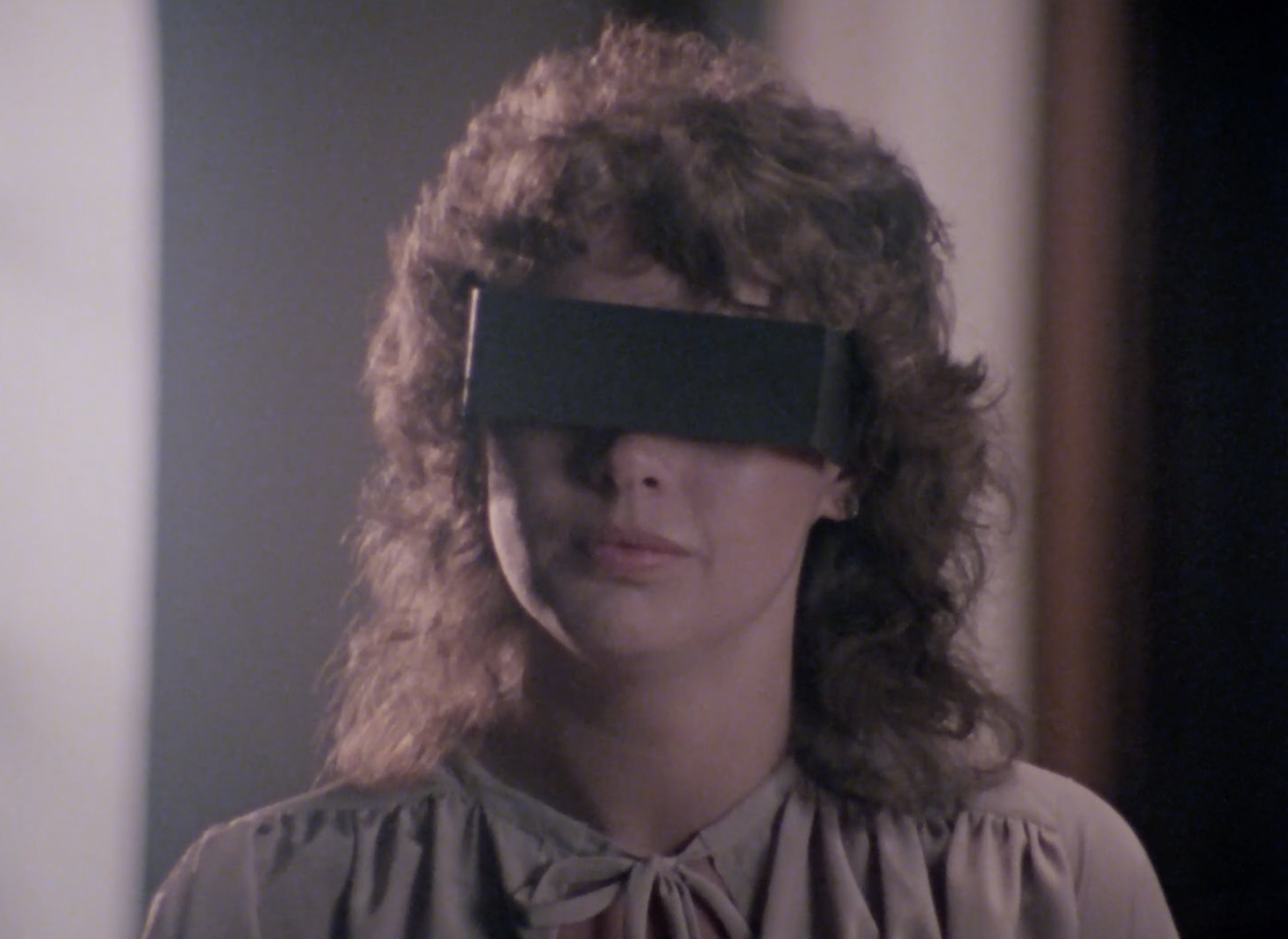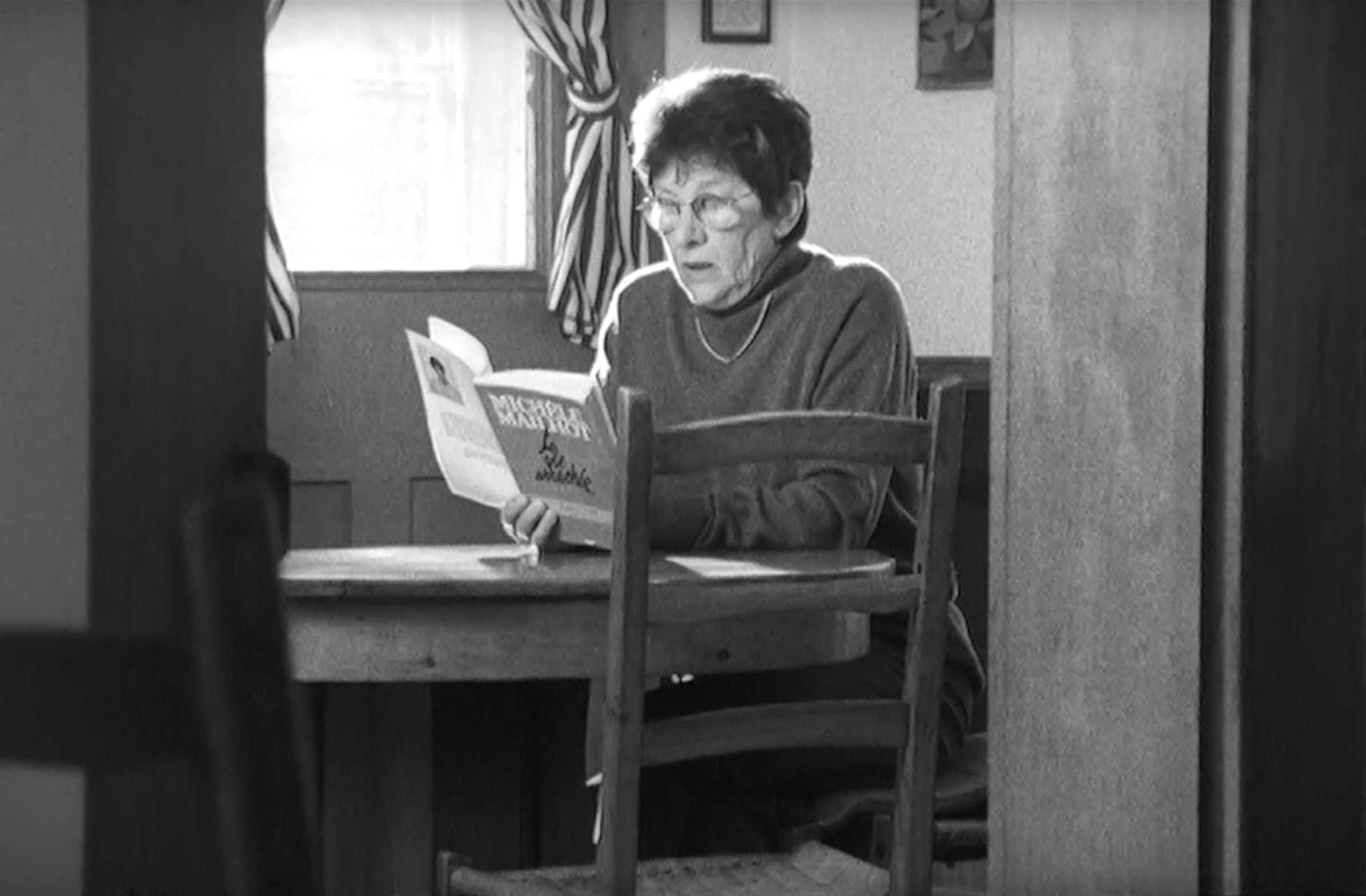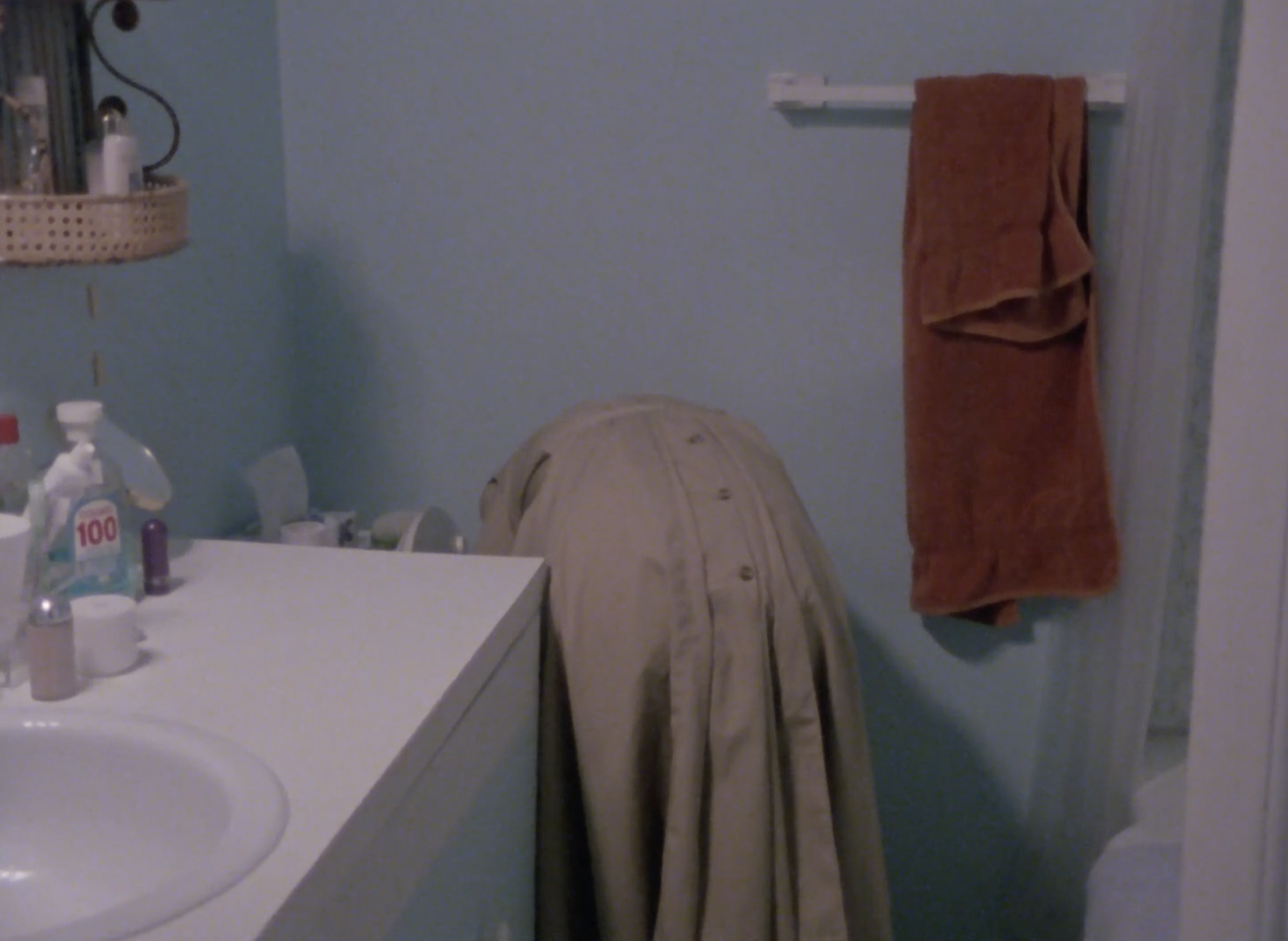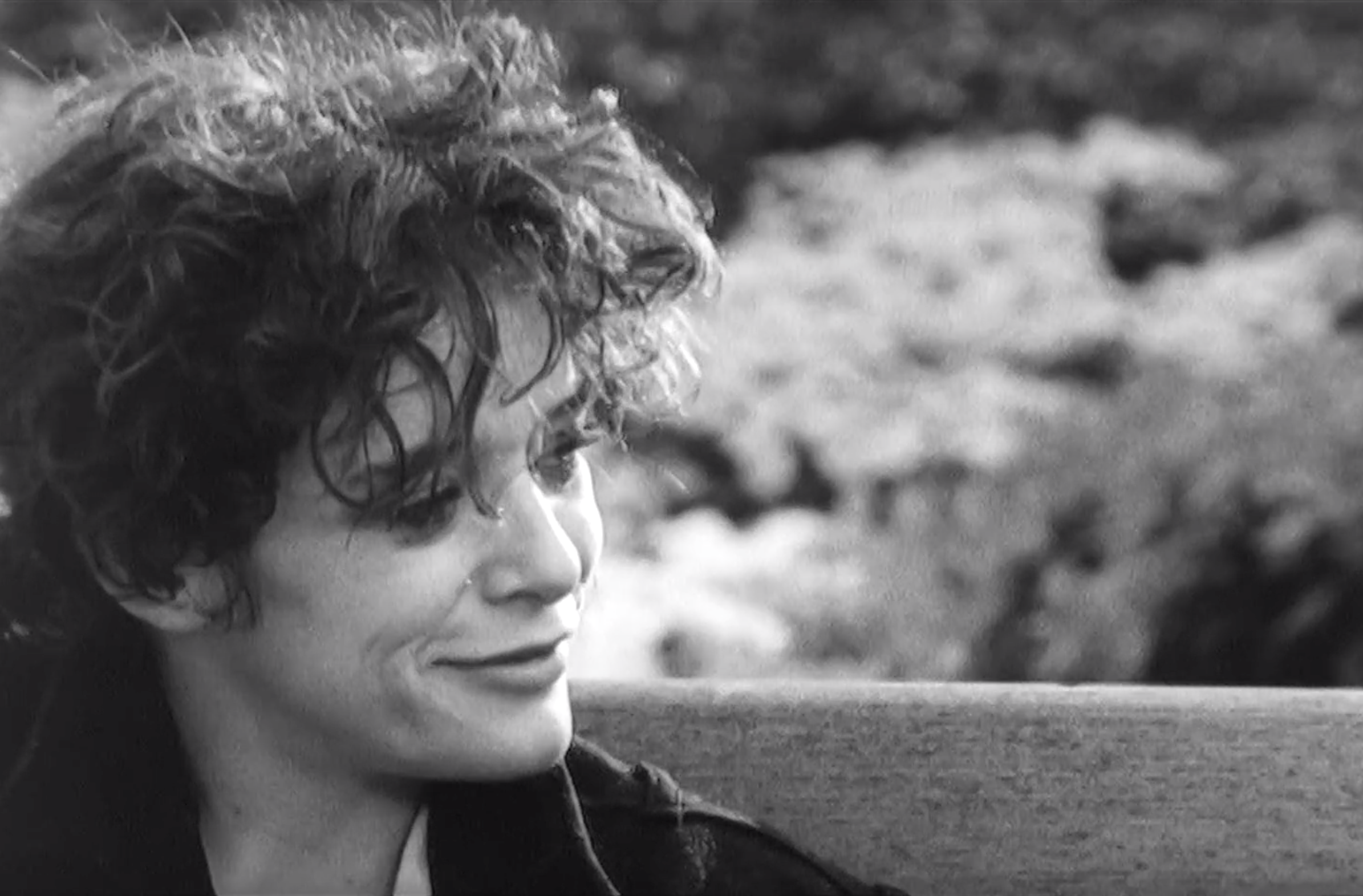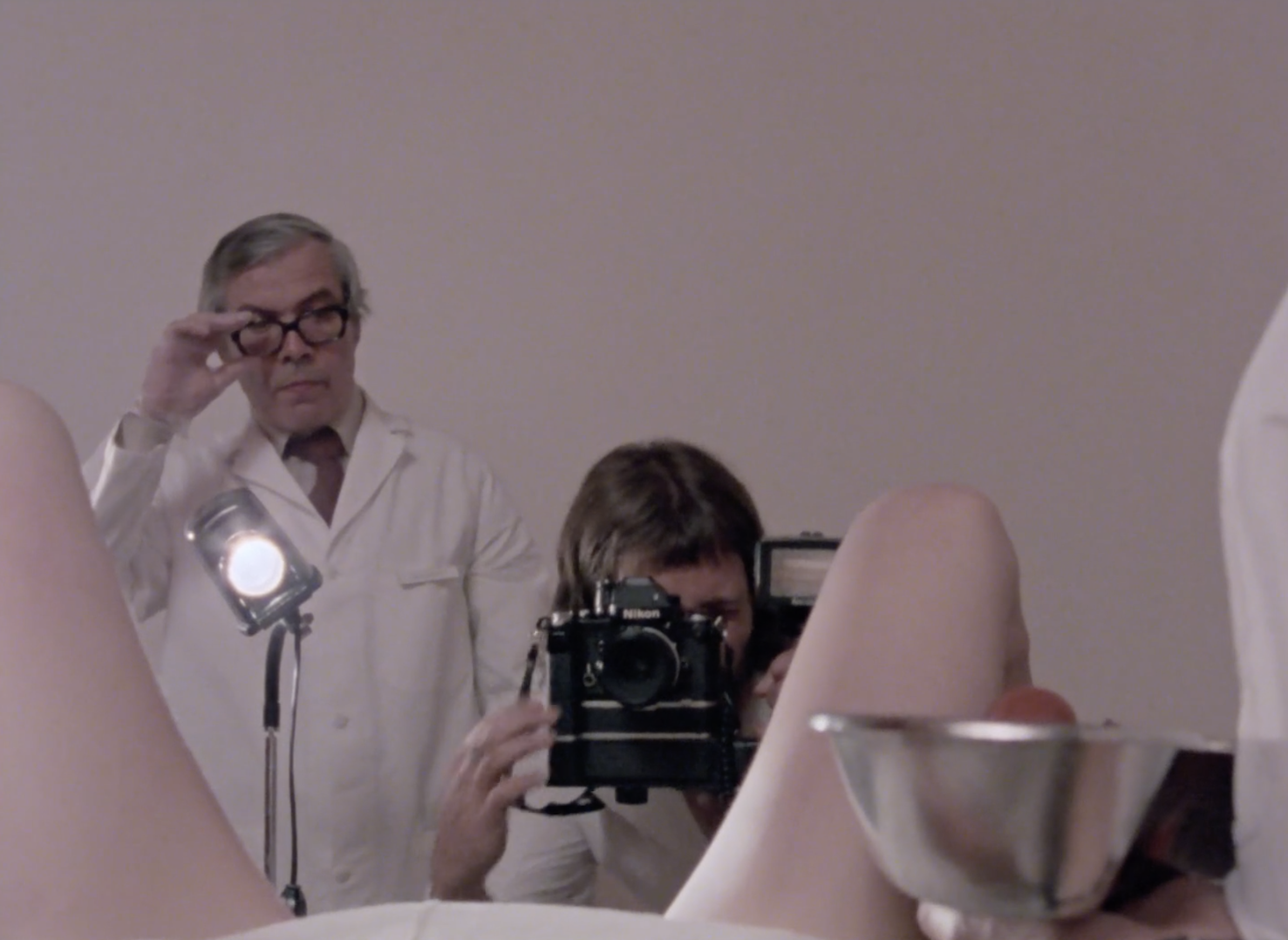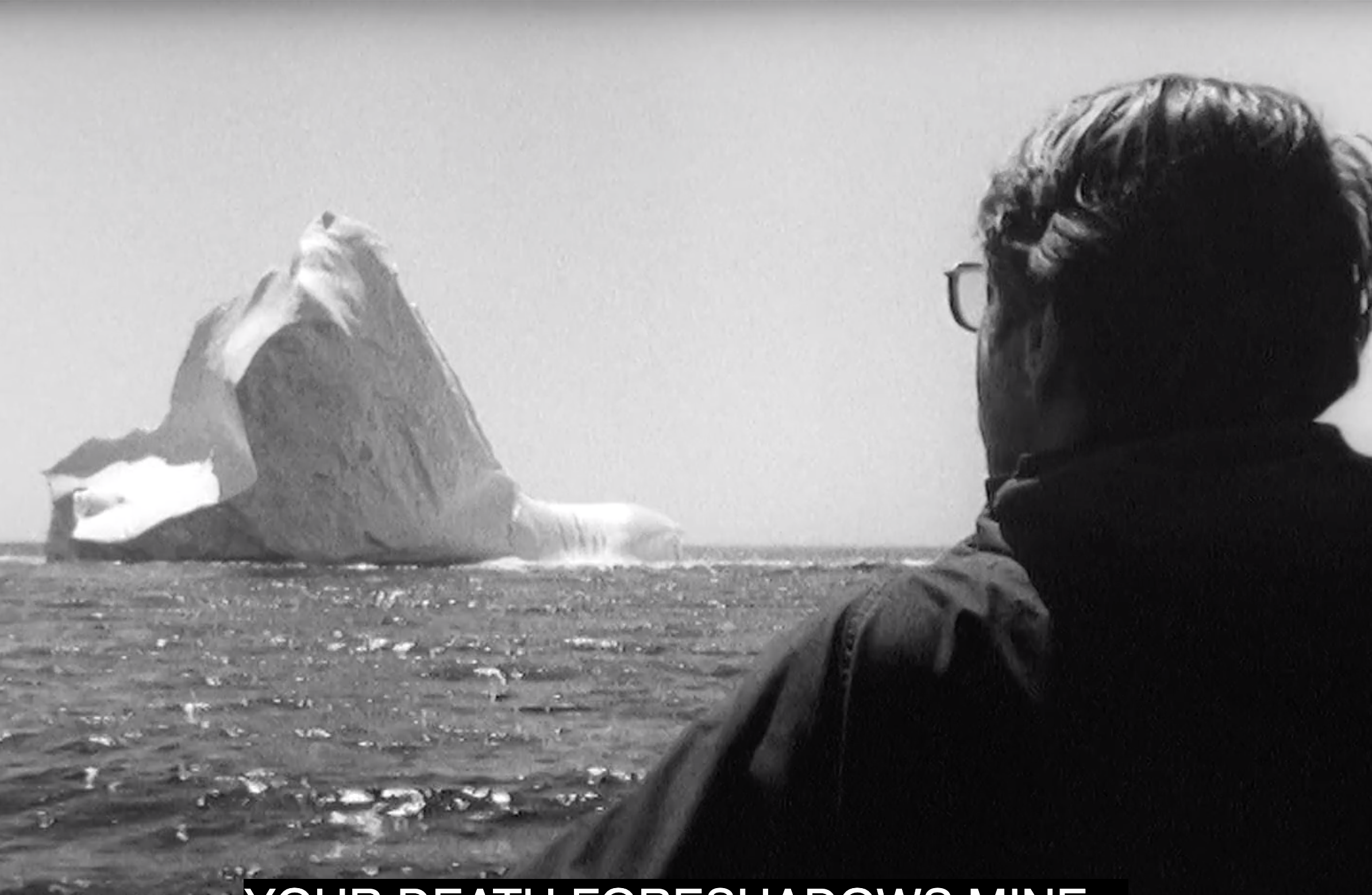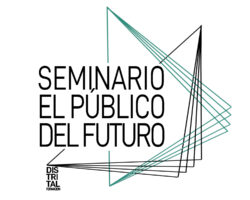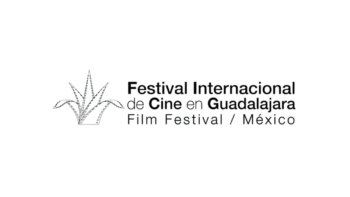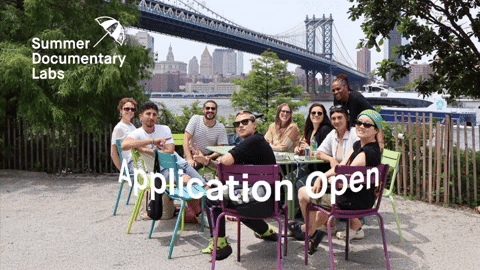ARTISTIC DIFFERENCES is back with FICG (Guadalajara International Film Festival) & Seminario El Publico del Futuro with FICUNAM this June to present VIOLENTLY HONEST, a focus on the under-known films from Anne Claire Poirier.
Anne-Claire Poirier’s films cross the history of contemporary cinema in Quebec, and stand as a unique and strongly contemporary body of work. Poirier was the first woman joining the National Film Board as a filmmaker and the first to direct a fiction feature-length film (De Mère en Fille 1969), as well as a feature documentary (Les Filles du Roy, 1974). She worked alongside numerous auteurs from the Quebec scene like Michel Brault, Gilles Groulx, Claude Jutra, and her partner in writing and creation, Martha Blackburn. If the documentary tradition from Quebec is one of the most intriguing and inventive filmographies to be discovered, Poirier is one of its key figures.
Her filmmaking is both disquieting for its straightforwardness and surprising for the way it takes cinema to its most radical potential. Placing her interests in a feminist strongly reflexive (and self-reflexive) practice, she invented forms and dramaturgies that allowed to openly confront the structures and codes of her time. Strangely enough, they are all still here to be confronted, and her films acquire, today, a poignancy that is hard to face. Simultaneously lyrical and brutal, they reveal a profound interest in the possibility of love and human bonds, and an unsettling and uncompromising trust in imagination as the material to confront life as it is.
Artistic Differences proposes a programme of Anne-Claire Poirier’s films, focusing on the inextricable relation between formal and dramaturgical experimentations, and a cinematic space for sisterhood, revealing continuities, creating – as Martha Blackburn put it – “a sense of possibility”.
In the National Film Board, and among the impressive number of filmmakers who created a unique documentary tradition from the encounter between direct cinema and the north-american lyricism, Anne Claire Poirier was not only the first female filmmaker: she pushed further the challenges to genre and the relation between cinema and truth.
Creating a filmic practice both unashamedly lyrical and conceptually precise, her gesture brought Quebec cinema a landscape that was not there yet: the experiential world of women. Facing the call for a cinema ‘of the real’, Anne Claire Poirier responded with another type of ‘truth’: the ambiguous, sometimes agonistic, often loving, often silent reality of women, that escapes observation, resisting before and beyond representation. Calling out the tradition of direct cinema for its limitations in representing her world, Anne Claire turned the question of a feminist cinema to filmmaking itself: not often have we seen, in the history of cinema, such a brutally lucid gesture as the beginning of Mourir à Tue-tête.
The films in this focus allow us to appreciate different moments in the history of Poirier’s filmmaking, and the development of unique authorial traits — an intuitive montage, refusing rhetorics and assuming a dialectical role with what is in the frame; a precise sense of composition, looking for syncretisms between reality and lyricism; an obsessive trust in the act of speaking as both an instance of truth and a magic for touching the other.
It was not a revolt or a rebellion, it was like a burst of dignity: it was not against man that we were “feminists”, it was towards us, towards our mirror. There’s a doctrinaire feminism, — a political one — radical: we started by the self-loving feminism, of pride and honor. — Nothing less. — This was convenient to both our natures. To my lyricism and her lucidity.
Martha Blackburn in Copie Zéro nr 23, Feb. 1985
As we always do with our monthly international community, we will invite people from around the world to join together and gather around these ideas and this work to discuss. Beyond an online convening around a number of her films (full program below), on the 3rd June, we will screen two programmes in person in Mexico: the first, on the 8th June, at FICGuadalajara, and the second, on the 9th June, at Seminário El Público del Futuro Ficunam.


